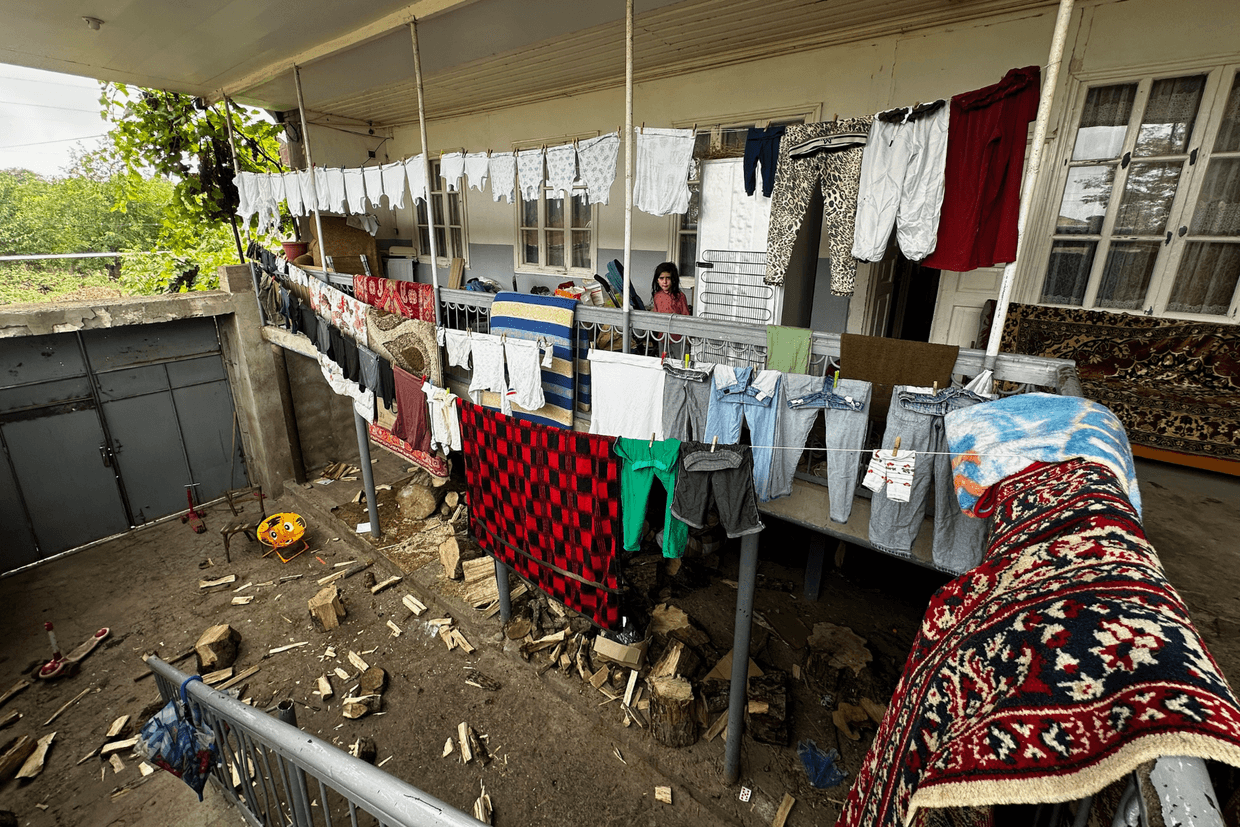
Armenia’s housing policy continues to plague Nagorno-Karabakh refugees
Two years on, Nagorno-Karabakh refugees still struggle to navigate Armenia’s housing programme and successfully rebuild their lives.

Two years on, Nagorno-Karabakh refugees still struggle to navigate Armenia’s housing programme and successfully rebuild their lives.

Once part of a vital railway linking Armenia and Azerbaijan, the station is now a haunting symbol of fractured regional ties and shifting geopolitics.

Following the mass displacement in 2023, Nagorno-Karabakh Armenians have struggled to preserve their identity, dialect, and culture.

One year has passed since the exodus of practically the entire population of Nagorno-Karabakh. OC Media reconnected with refugees interviewed in the immediate aftermath to hear how they are a year on. On 19 September 2023, Azerbaijan launched its last large-scale military offensive on Nagorno-Karabakh, calling it an ‘anti-terrorist operation’. Days later, the region came under the full control of Azerbaijan. Armenians living in the region had not expected such an outcome, continuing to wait

With Azerbaijan’s blockade of the Lachin Corridor continuing, food and medical supplies in Nagorno-Karabakh are running out. The dwindling supplies have led some to warn that the region is entering the worst phase so far of the nine-month blockade. Larisa, 69, moved to Nagorno-Karabakh’s capital of Stepanakert following the Second Nagorno-Karabakh War in 2020, after Azerbaijan took control of Togh, her village in Hadrut region. ‘I have seen a lot of suffering’, Larisa tells OC Media. ‘My 1

With ‘eco-activists’ blocking one side and an Azerbaijani checkpoint on the other, four Armenian villages in the Lachin Corridor have found themselves cut off from all directions. ‘The Red Cross vehicles are seen passing, the Russians are seen passing, but no one stops here’, says Samvel Tavadyan, a teacher in the village of Mets Shen. Mets Shen lies on the new route of the Lachin Corridor. The road, the only one in and out of the region, was supposed to be controlled by the Russian peaceke